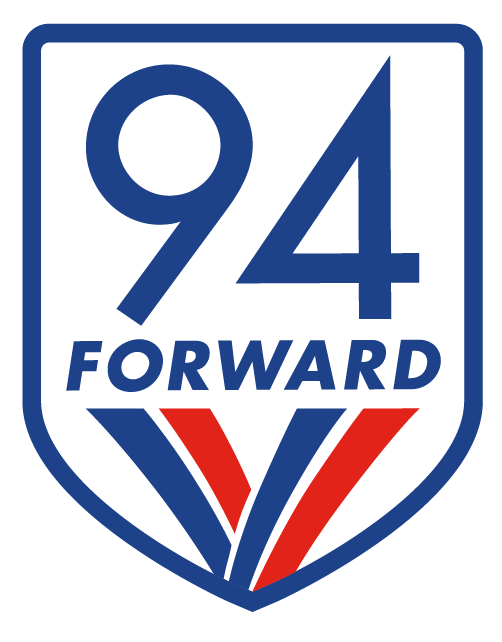In Kevin Light's rec room, there's a tasteful shrine to the family's athletic success.
"It's a shadow box, it's got all my medals, my wife's medals, all my momentos," he says.
Every medal but one. His Olympic gold.
"That one sits by itself."
It may sound bizarre, but Kevin Light's gold medal from the 2008 Beijing Olympics sits on a shelf in his laundry room behind the detergent bottles. He doesn't need to show it off or use it as a centerpiece. "I know I won it," he muses.
Kevin Light had never rowed a single stroke before injuring his knee at a junior hockey training camp. "The doctor said a movement that is up and down, not lateral, will help your recovery," he says. High school rowing led to the rowing program at the University of Victoria, where he trained alongside members of Canada's national team. "If you did join in on one of their practices, you'd get your times back and see where you rank. There was no wondering how good you were."
As a hard worker, he excelled quickly and found himself in the national program when coach Mike Spracklen arrived in 2001. At 6'4" Kevin was the little guy in the men's 8.
"I rowed in the bow," he says. "The role of a bow seat is more technical, like how well can you follow somebody else."
Under Spracklen's guidance, Light and his teammates won the World Rowing Championships in 2002 and 2003. A defending world championship boat had never gone on to win Olympic gold , and that proved true in the 2004 Athens Olympics when Canada placed a disappointing 5th. "There was a lot of soul searching and negative feelings around that Olympic experience," he recalls.
Three years later, Light and his teammates Andrew Byrne, Kyle Hamilton, Malcolm Howard, Adam Kreek, Ben Rutledge, Dominic Seiterle, Jake Wetzel and cox Brian Price found themselves, literally, in the same boat. They'd again captured the world championship heading into the Beijing Olympics. "The most pressure in 2008 was in the selection to get into the boat, which happened in May," he says.
After solidifying his spot in the 8 boat, Light dealt with the pressure of heading into the Olympics by looking at the athletes around him. "I'd think to myself he's not going to lose, and he's not going to lose, and he's not going to lose, and I'm part of the same group so I can't let them down."
Canada cruised into the final in Beijing.
"The Olympic final was like nothing I've ever done before," he says. "We were doing warm-up for the race and I couldn't feel anything. We left the dock and I couldn't feel my legs. I couldn't feel anything."
Light Chalks it up to focus and adrenaline, but in a sport where pain tolerance wins the day, he felt no physical anguish as the Canadian boat crossed the line first to become Olympic champions. "I couldn't feel anything during the race, I couldn't feel anything after the race, there was nothing painful about it."
It wasn't until days later on a walk through the Olympic village with his teammates that it finally hit him. "I just sat down on the sidewalk and said I can't move anymore," he says. "I went back to the hotel and slept for two days."
He'd earned his rest.
Kevin Light still calls Victoria home and works as a freelance photographer. His clients include CBC, Getty Images, Reuters, Canadian Press, Times Colonist, Toronto Raptors, TSN, Sportsnet, and you can find him rinkside on game nights as the team photographer for the WHL Victoria Royals.
He's also the photographer for many national sports organizations, including rowing. Keen as ever on the finer technical details that made him a gold medalist, he acts as a high performance sounding board for young rowers.
"I want to pass on the knowledge that was passed on to me," he says.
"I'm not the guy to tell you not to eat the ice cream in the cafeteria every day, but I can help you turn that bronze into a silver, or turn a B final into an A final."
As for the gold medal, he doesn't reach past the detergent bottles often to take a look at it. He knows it's there.
